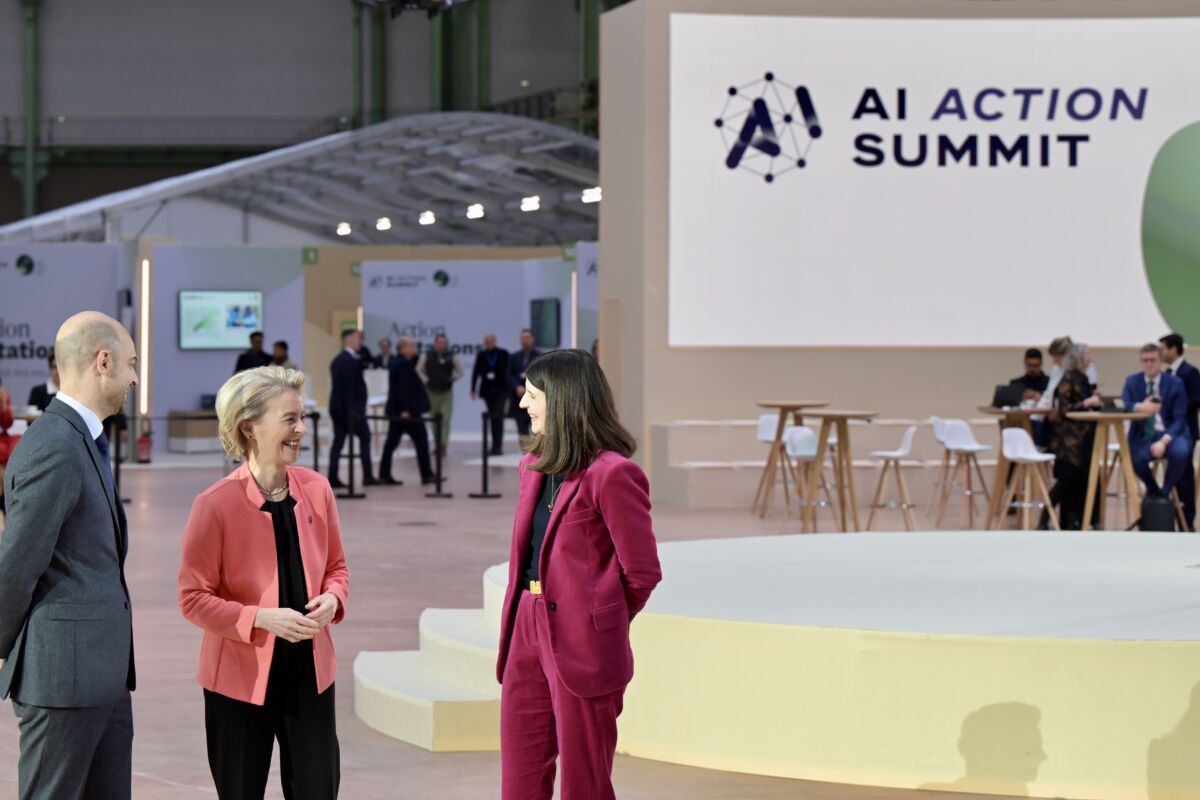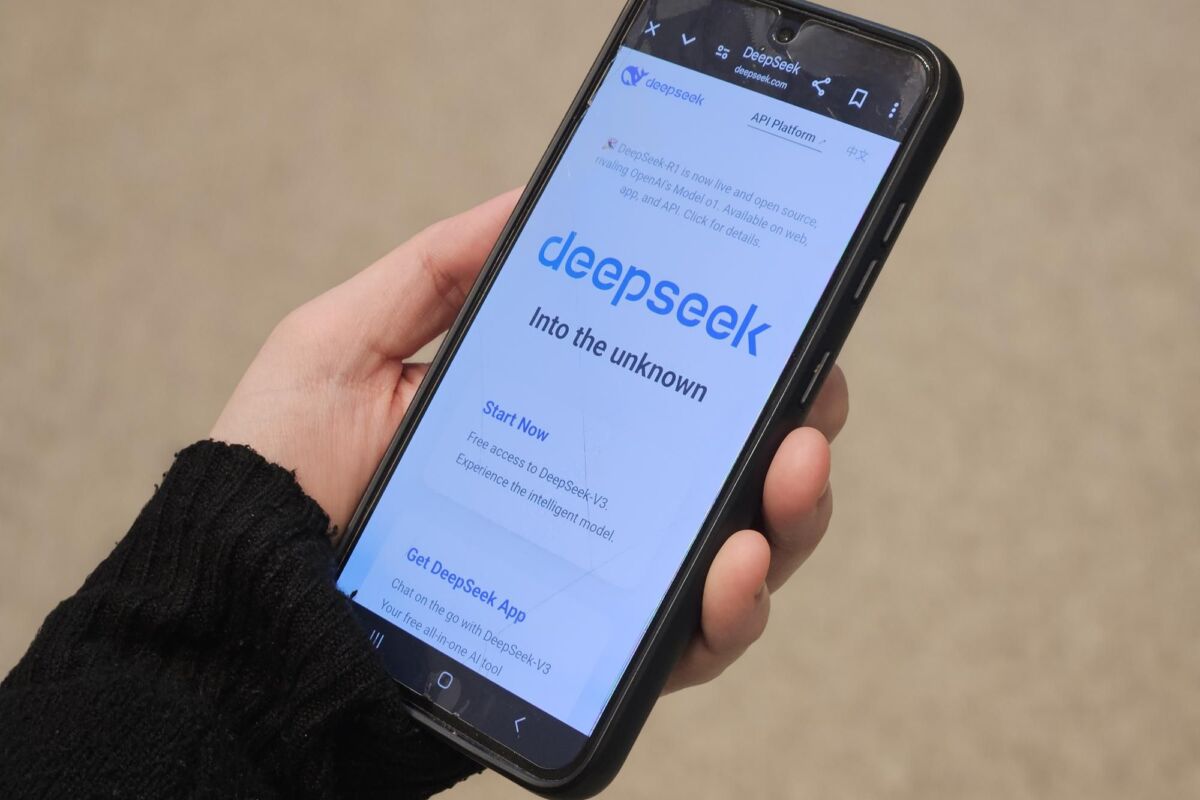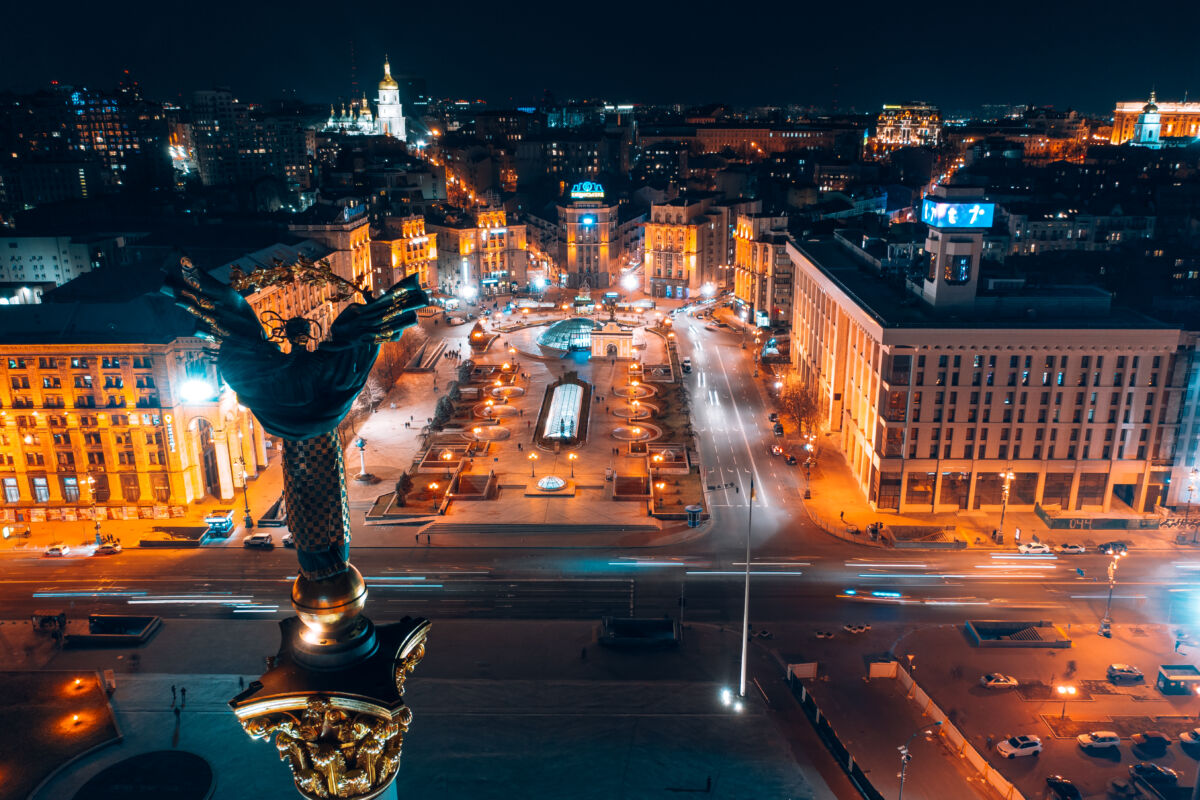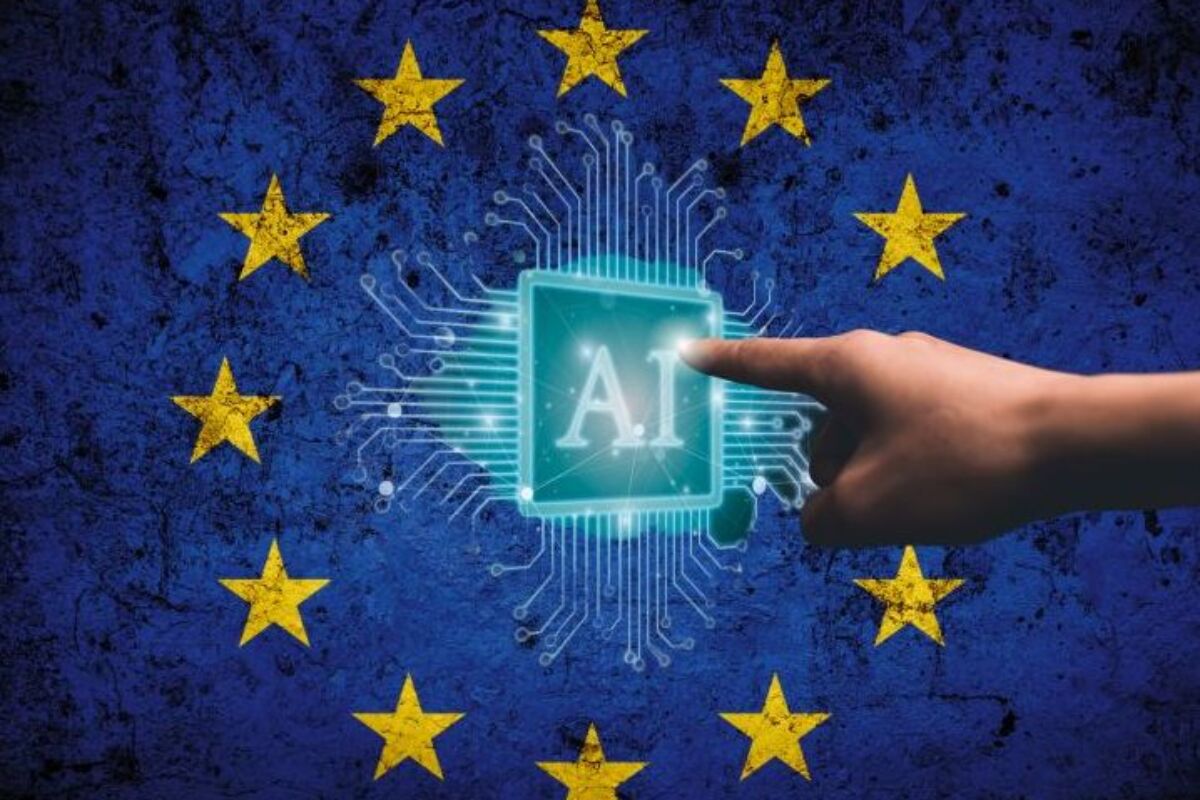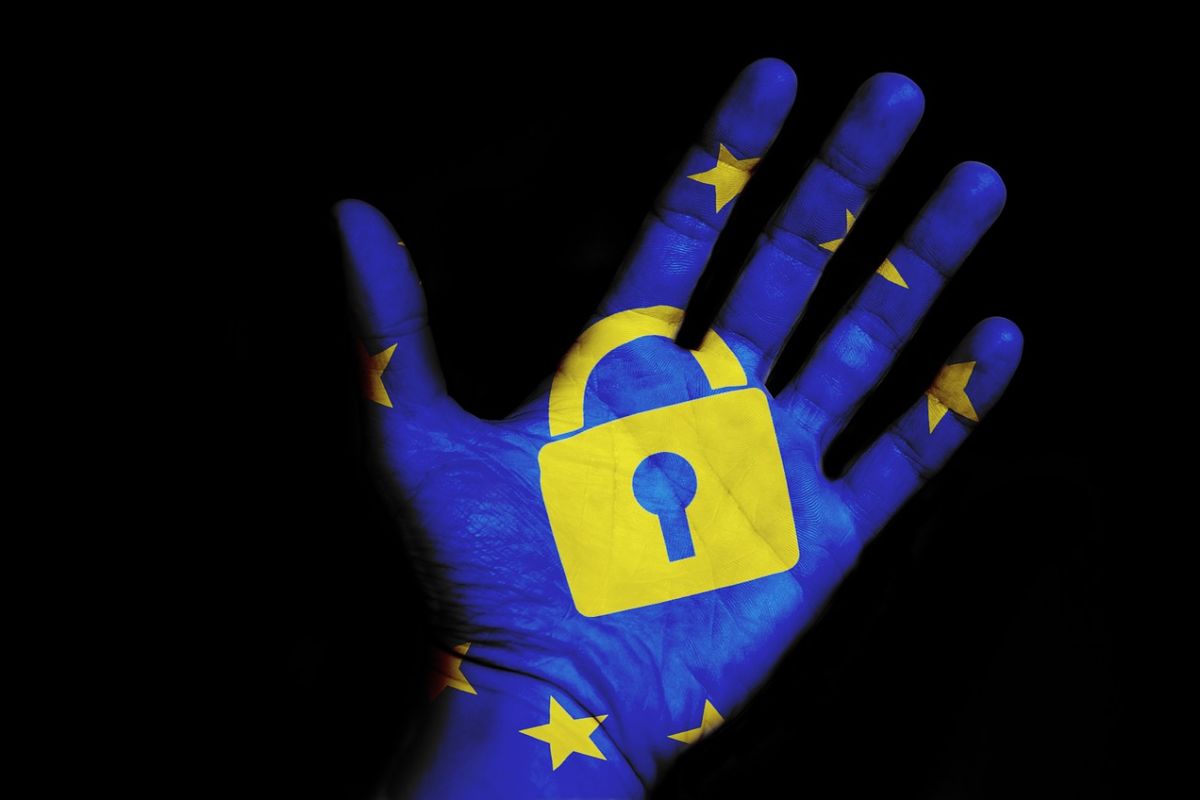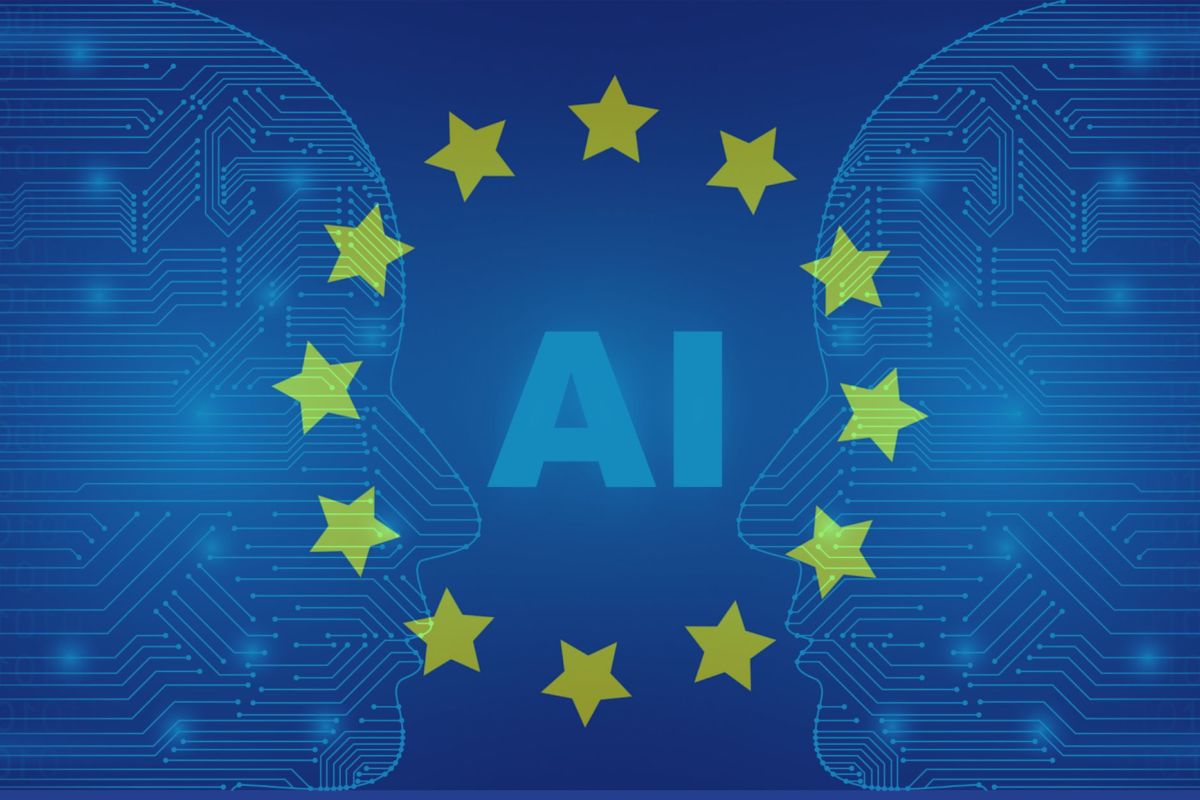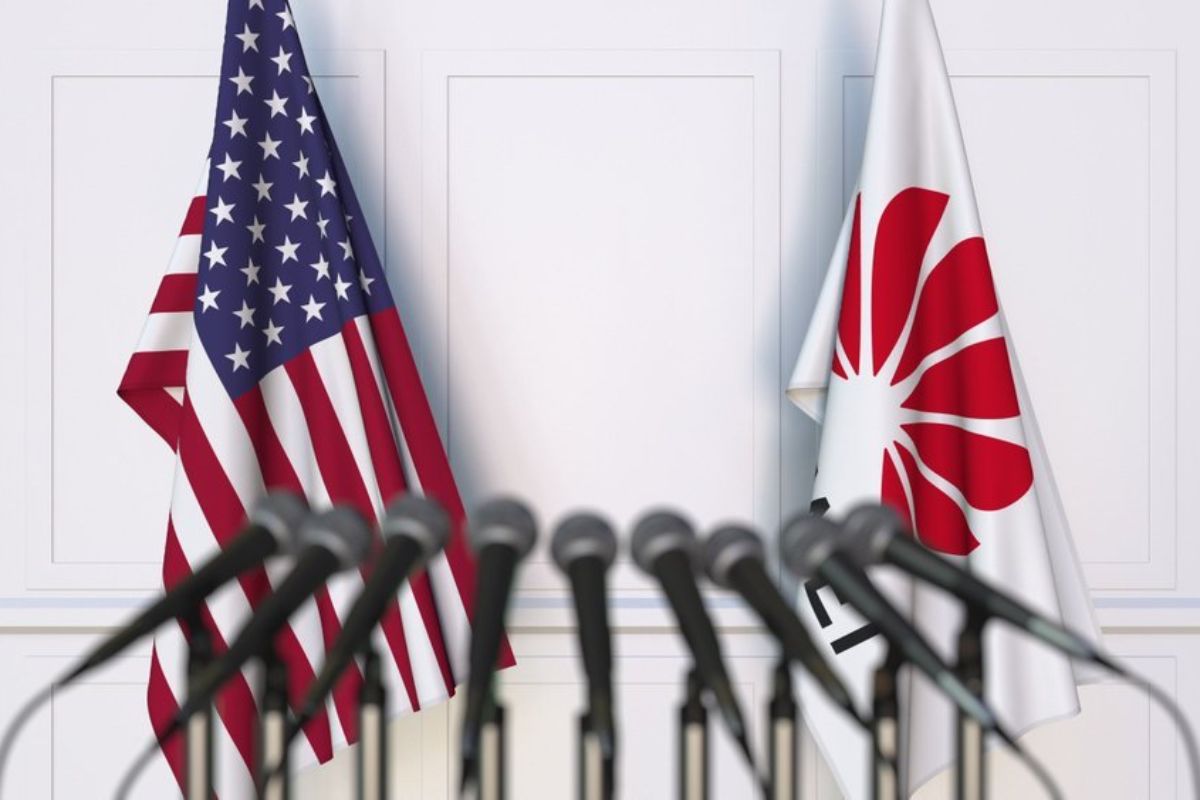Zooming out from the buzz around DeepSeek, it’s clear the AI game is rapidly changing. The usual big tech players no longer have the playing field to themselves. During the last few weeks, a wave of impressive, mostly open-source AI models have hit the scene, many created by smaller, scrappier companies outside the traditional Silicon Valley giants.
In short, the AI landscape is no longer just about who has the most money or the biggest data centres – it’s about who can innovate smarter, faster and achieve more with less.
This week, Paris will host key players in AI governance for the AI Action Summit – a high-profile event to drive sustainable, collective progress. And Europe may have stronger cards to play than it realises. This summit isn’t just about setting rules – it’s an opportunity for Europe to show it can lead in innovation and not just regulation.
Take Mistral AI, by many regarded as the European champion in large language models. It quietly released a new open model last week – and almost no one noticed, not even in Europe. That’s surprising, given that they’ve carved out a smart niche, namely a model that’s both affordable and impressively fast. But this isn’t the first time Mistral has been overlooked. Last year, they launched cutting-edge open weights, ready for others to build on, yet the spotlight stayed fixed on the big proprietary players or the open-source Chinese mavericks. It’s a familiar story: Europe can and does produce innovative tech but the world keeps looking elsewhere.
Mistral’s latest model, Mistral Small 3, is built for speed, privacy and reliability. Instead of chasing massive datasets, they kept the training process simple, focusing on smaller but higher-quality data to reduce unwanted biases. For anyone looking for AI that’s genuinely useful and trustworthy, this is a big deal. The old playbook of throwing more data and computation at the problem is becoming old-fashioned. The real challenge now is making algorithms do what humans actually want them to do – which is a whole new ballgame.
Before the Action Summit, Europe’s AI players may not have been grabbing headlines, but it is tackling the problems that really matter. Yes, it’s true – where DeepSeek went viral by offering an instant, on-the-go chat experience, Mistral didn’t even have an app until last week. And yes, that has been a major limitation. But while others race to slash prices and flood the market with chatbots, European developers are taking a different path, focusing on solving deeper, more specialised problems beyond casual chatting.
The irony? Even Europeans themselves often fail to recognise this shift, instead calling for more competitiveness, as if its growing specialisation in AI isn’t a strength in its own right. And this has major implications for EU AI development policy.
A new narrative has emerged with DeepSeek’s claim of using fewer resources to train powerful AI, sparking hope that the EU could finally catch up in the global AI race. But it’s not that straightforward. While DeepSeek is a resourceful player, so is Mistral AI, showing that significant efforts are still required – but also that success is within reach. France is now doubling down on this with EUR 109 billion worth of private investment in the French AI sector. If anything, this highlights the potential of building ecosystems like the one now taking shape in Paris, where collaboration and focus can drive truly meaningful innovation.
There’s no shortage of success stories in European AI, even if they often fly under the radar. Take Germany’s Black Forest Labs, which produces some of the best image generators in the world – though many EU AI experts have never heard of them. Or DeepL, which consistently outperforms competitors in AI translation. These are world-class achievements! Are they being celebrated? Not really, for sure not enough.
The problem isn’t just that Europe focuses on specialised applications; it’s that even when it excels, it’s dismissed as ‘not good enough.’ It’s a classic case of missing the forest for the trees – though, in this case, it’s hard to see the forest if you don’t even know where to look for the trees. Europe’s AI ecosystem is growing but it’s still waiting for its moment in the sun. The EU bottle lid meme, or the saying ‘The US innovates, China replicates, Europe regulates’ could soon be a part of history, yet European leaders do little to make this happen.
What’s needed is thus a mindset shift. Champion our champions, just like the US and China do. We are so dying to be competitive that we forget we already are in many domains. With more compute, skills, investment in an open source EuroStack and favourable policies aimed at nurturing an ecosystem of excellence throughout the continent (and certainly including the UK), Europe can take the leap.
Our research is increasingly showing that this is possible and the debate on the upcoming MFF cannot ignore the need for a large-scale initiative on AI. These initiatives can’t immediately close the significant funding gap with US startups. They are, however, much more productive than the false dichotomy that regulating the technology with the AI Act means sacrificing innovation.
Case in point: in October last year, the European Parliament awarded a major contract to an American generative AI company (Anthropic) to improve access to archive information – a job a European company could have done just as well. Can you imagine the US or China outsourcing such a delicate contract like that? The recently evoked European preference in the procurement of strategic sectors and technologies, mentioned in the recently-announced Competitiveness Compass, is thus a step in the right direction.
However, much more will be needed for Europe to develop a leading role in AI development. We have the innovative companies to support and showcase – we just need to do it.



